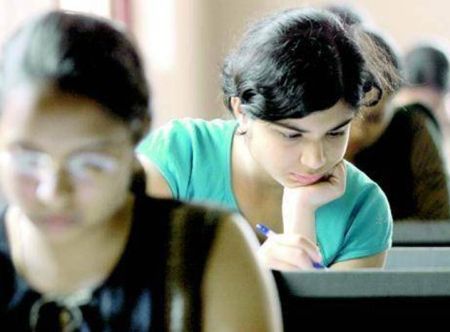Surfing the internet in class is linked to poorer test scores, even among the most intelligent and motivated of students, warns a study.
 Surfing the internet in class is linked to poorer test scores, even among the most intelligent and motivated of students, warns a study.
Surfing the internet in class is linked to poorer test scores, even among the most intelligent and motivated of students, warns a study.
The findings were published in the journal Psychological Science.
The researchers studied laptop use in an introductory psychology course and found the average time spent browsing the web for non-class-related purposes was 37 minutes.
The students spent the most time on social media, reading e-mail, shopping for items such as clothes and watching videos. And their academic performance suffered.
"Internet use was a significant predictor of students' final exam score even when their intelligence and motivation were taken into account, said lead study author Susan Ravizza from Michigan State University.
"The detrimental relationship associated with non-academic internet use," Ravizza said, "raises questions about the policy of encouraging students to bring their laptops to class when they are unnecessary for class use."
The research was conducted in a one-hour, 50-minute lecture course with 507 students taught by Kimberly Fenn, MSU associate professor of psychology and study co-author.
In all, 127 students agreed to participate in the study, which involved logging onto a proxy server when the students went online.
Of those participants, 83 checked into the proxy server in more than half of the 15 course sessions during the semester and were included in the final analysis.
Intelligence was measured by ACT scores.
Motivation to succeed in class was measured by an online survey sent to each participant when the semester was over.
They revealed that using the internet for class purposes did not help students' test scores.
Lead image used for representational purposes only. Image: Rediff Archives











 © 2025
© 2025